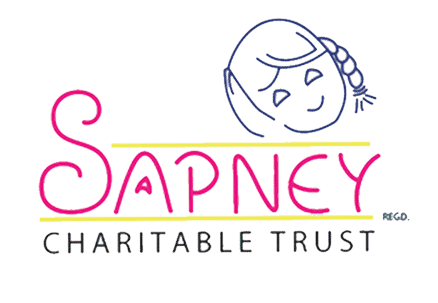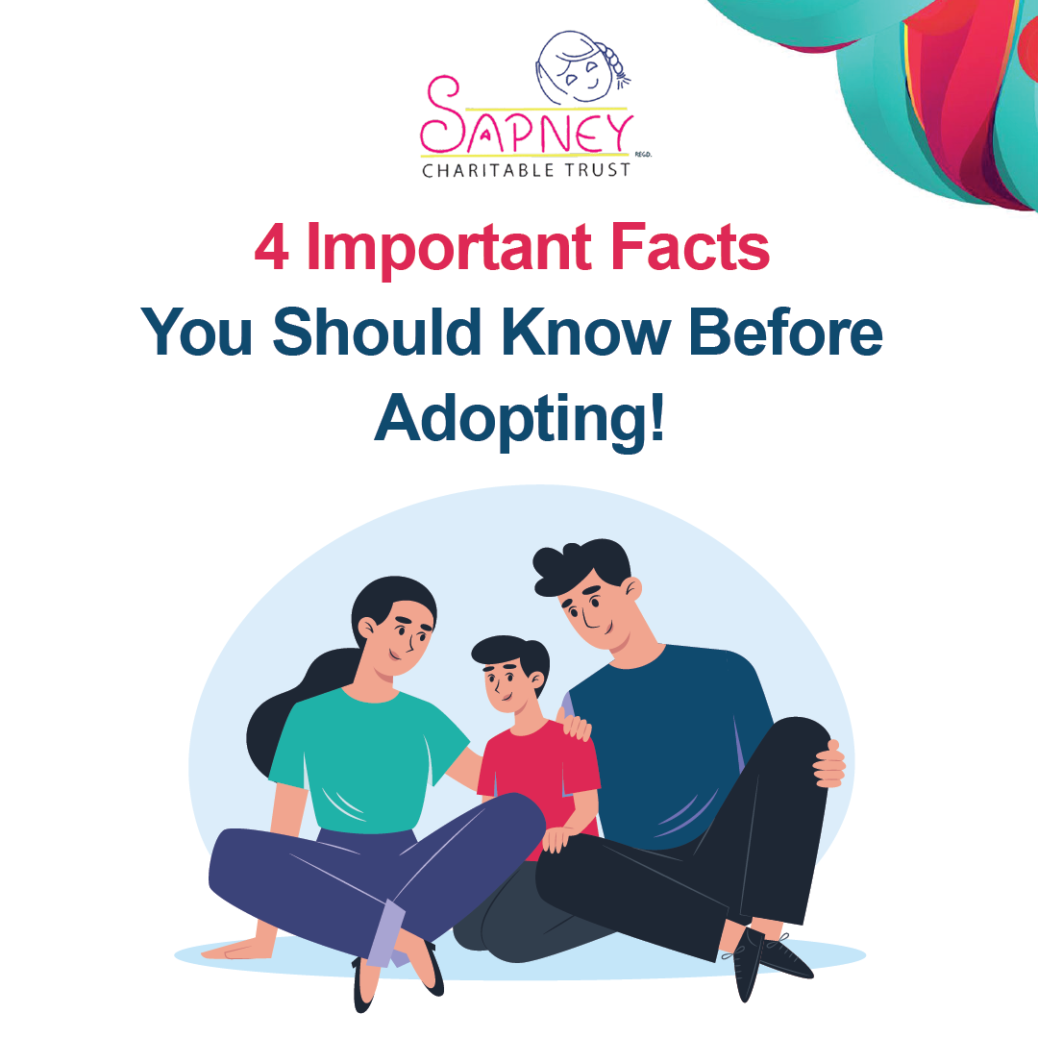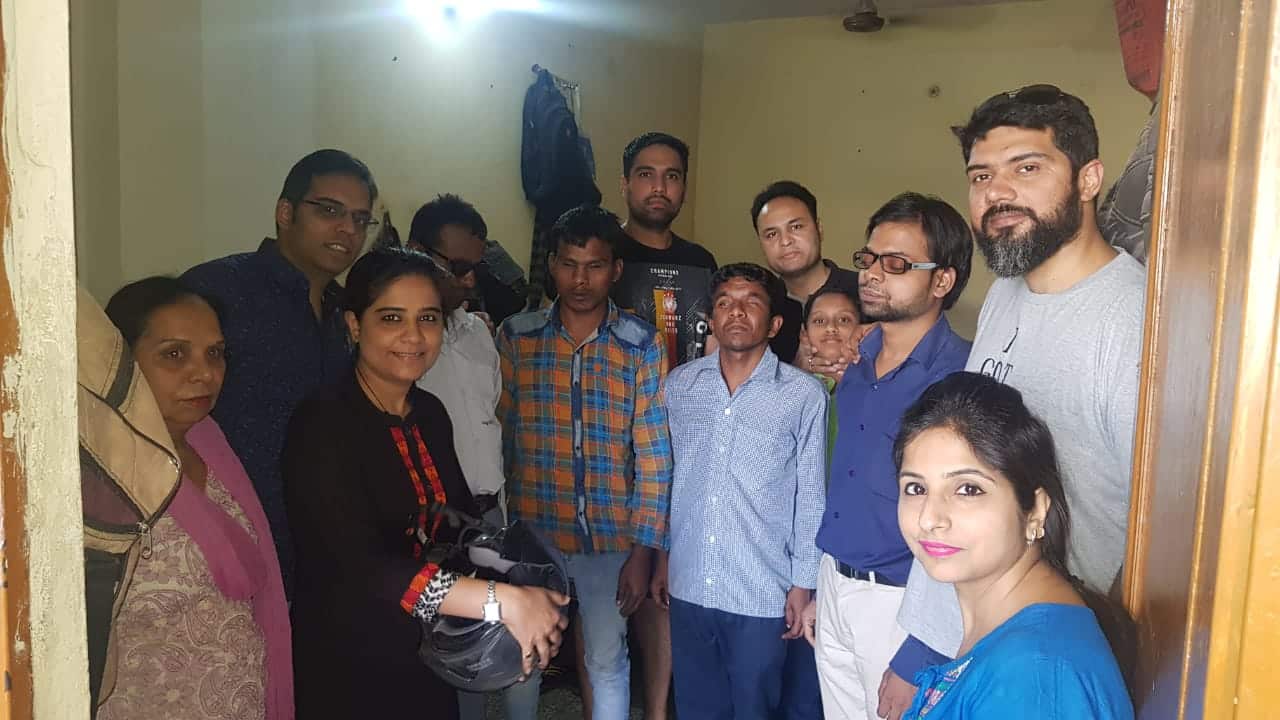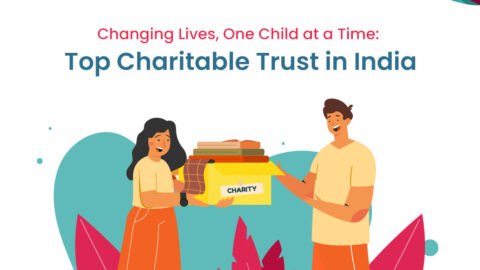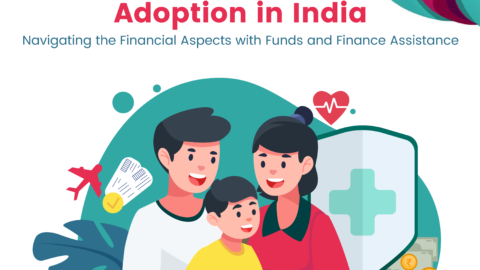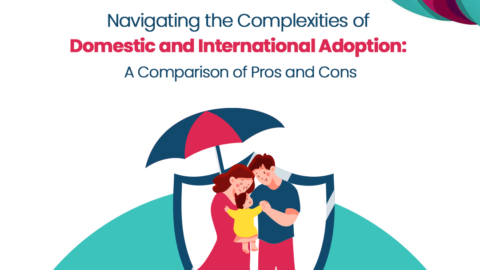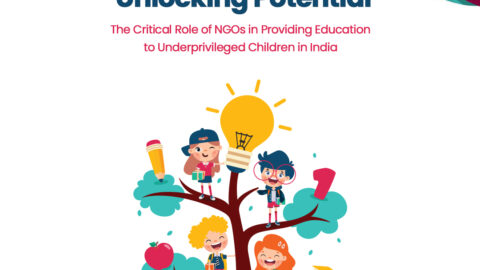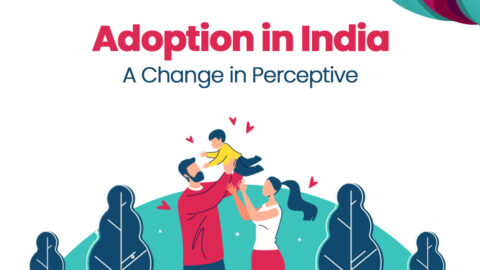4 Important Facts You Should Know Before Adopting!
“Adoption is not the call to have the perfect rosy family. It is the call to give love, mercy, and patience.”
Although adoptive parents often tap the option of adoption as a practical way to start a family, luckily, the results of adoption are more prominent and satisfying than they could have ever dreamed.
Children’s growth and emotional health have proven better through adoption than under a temporary care arrangement. You and your family not only gain a child from adopting but someone to love and be loved for life.
But, if unaware, the adoption path can become difficult and bumpy. Thus, excluding all the jargon related to adoption (which is often hard to understand), we have broken down every possible adoption-related fact.
Important Departments Involved During the Process of Adoption in India:
-
Central Adoption Resource Authority (CARA)
Central Adoption Resource Authority, a.k.a CARA, regularly ensures that the adoption process runs smoothly and implements Adoption Guidelines that outline the steps the various adoption program stakeholders must take.
-
State Adoption Resource Agency (SARA)
Through collaboration with the Central Adoption Resource Authority, State Adoption Resource Agency serves as a central body within the State to encourage and supervise non-institutional care and adoption.
-
Specialized Adoption Agency (SAA)
The State Government recognizes Specialized Adoption Agency (SAA) under sub-section 4 of section 41 of the Act to place children in adoption.
-
Authorized Foreign Adoption Agency (AFAA)
Authorized Foreign Adoption Agency is recognized as a foreign social or child welfare agency that is given permission by CARA to coordinate all issues pertaining to the adoption of an Indian child by a national of that nation.
District Child Protection Unit (DCPU)
District Child Protection Unit (DCPU) is a unit set up by the State Government at the district level. It collects data on orphan, abandoned, and surrendered children in the district and gets them declared legally free for adoption by Child Welfare Committee.
Eligibility Criteria
– OF CHILD
- Any orphan or surrendered child deemed lawfully eligible for adoption by the child welfare committee is eligible for adoption.
- A child lacks a legal parent or guardian, or when their parents can no longer care for them, the kid is said to be an orphan.
- In the case of an abandoned child, he/she is considered legally free for adoption only after the police have given a report stating that the child’s parents are non-traceable.
– OF PARENT/PARENTS
- The potential adopting parents must be emotionally, mentally, and physically stable.
- They should be in good financial standing.
- The potential parents shouldn’t have any life-threatening illnesses.
- Couples with three children or more are not eligible for adoption. They can only adopt a child with special needs.
- A single male can only adopt a boy, while a single female is eligible to adopt either of the genders.
- A parent cannot be older than 55. A couple’s combined ages cannot exceed 110 years.
Documents Required for Adopting a Child
- Adoption application
- 4 x 6 size photographs – 4 copies of husband and wife together
- Marriage certificate and age proof
- Medical certificate declaring that the adoptive parent(s) do not suffer from any chronic illness
- Income certificate
- Proof of residence
- Investment details
- Reference letters from 3 people
- Divorce Decree/Declaration from the competent court or affidavit on oath pertaining to divorce in case of divorce
- Consent letter of the other children (if there) in the adoptive family.
Adoption has numerous benefits, but expanding your family is a big decision. Before starting the adoption process, you should be sure that adoption is a nice choice for your family. Make sure you first meet all the legal requirements, are emotionally and financially ready, and are fully prepared to be a parent before entering into the whole process.
